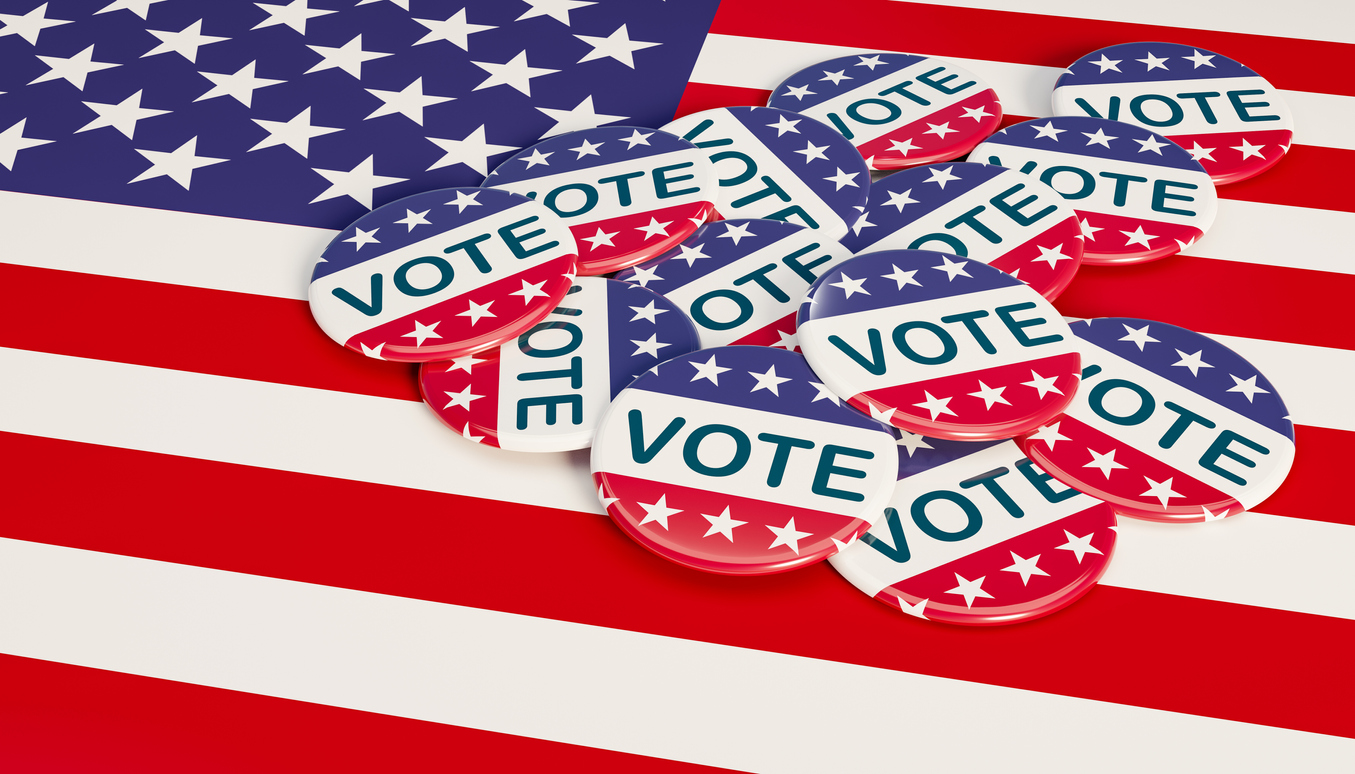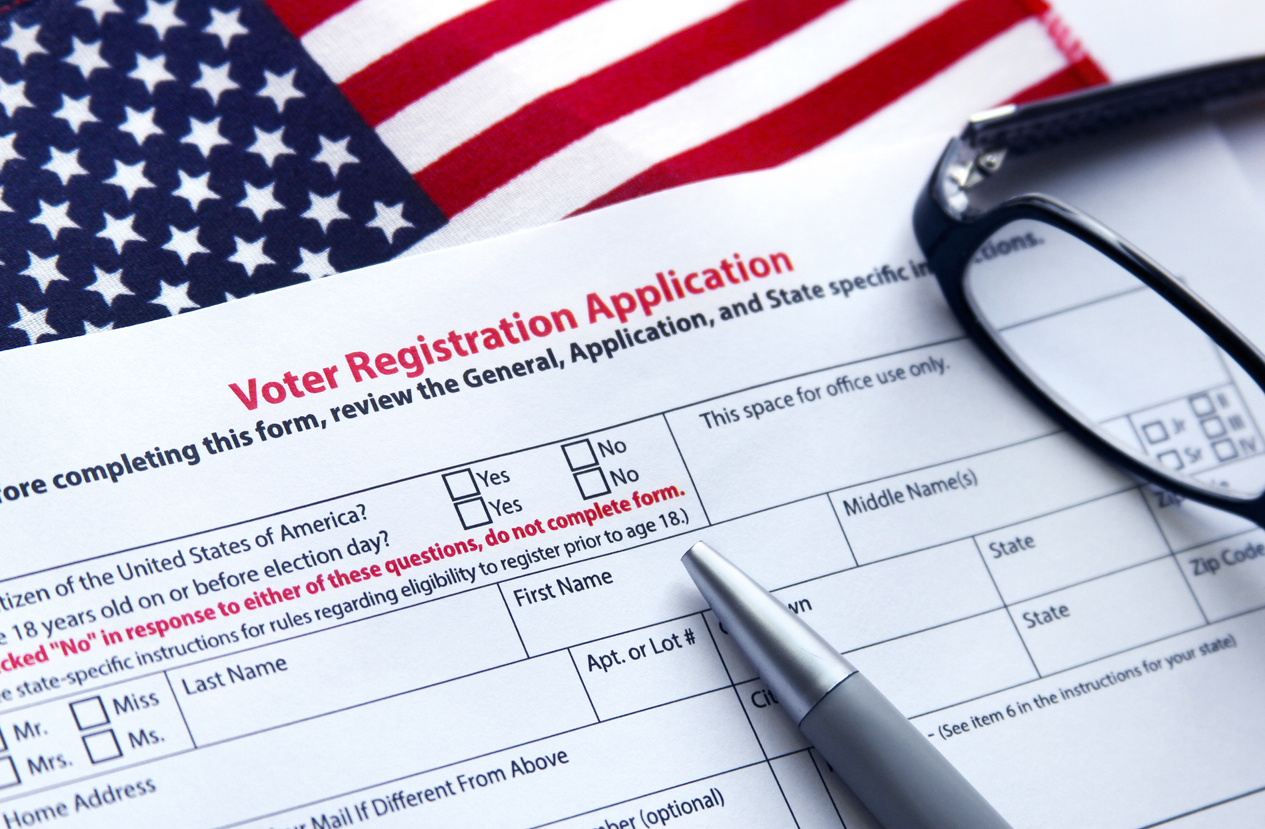Virginia
Democrat Ralph Northam defeated Republican Ed Gillespie with 53.9% of the vote to win the Virginia Governor’s seat Tuesday night. The Virginia race remained tight until Election Day. Several polls showed Gillespie and the Lieutenant Governor tied or within the margin of error days before the election.
Northam led in a RealClearPolitics poll by six points less than a month ago; it dropped to two points a month before the election. While both candidates refrained from personal attacks for the majority of the race, television advertisements with race-baiting and fear-mongering messages flooded the airwaves weeks before the election. Gillespie, a former Republican Party Chairman, ran advertisements blaming Northam for an increase in violence from MS-13 street gangs. Another television advertisement insinuated Northam would pass legislation to help restore gun rights for pedophiles. Meanwhile, Northam’s team tried to connect Gillespie to white nationalists who turned violent in Charlottesville, Va., over the summer.
On the policy side, Northam pledged to make community college and apprenticeships free for high demand fields like cybersecurity and early childhood education if they commit to a year of paid public service. In addition, Northam said he would create a $15 minimum wage and create a tax credit for small businesses that offer paid family leave. Northam said he wants to reinvest in traditional public schools. As a former Army doctor and a pediatric neurologist, he made healthcare a critical part of his campaign. He wants to expand Medicaid coverage to 400,000 but doesn’t want a universal system. However, he’s made comments suggesting a public option in the Commonwealth.
Northam intends to allow state agencies to create plans that limit carbon emissions, as well as joining state alliances with others states. Gillespie said he would provide a 10-percent state income tax to help grow business. The Republican placed immigration and public safety at the center of his campaign. Republican state legislators pledged to provide Gillespie with $1.5 million to support the Northern Virginia Regional Gang Task Force against gangs such as MS-13. Instead of expanding Medicaid in Virginia, Gillespie wanted to create interstate compacts that allow insurance companies to sell across state lines, a plan lobbied for by Republicans in Congress.
Both Northam and Gillespie said they would raise teacher pay, but Gillespie wanted to increase the number of publicly funded and privately-operated charter schools. Gillespie’s plan included an education savings account that allowed parents to transfer their children from public schools and receive 90-percent of the funding, something that did not appear to resonate with voters in VA.
Former Secretary of State Hillary Clinton won Virginia by five points in 2016, forcing Gillespie to distance himself from President Trump, who did not make campaign appearances in nearby Virginia. While Gillespie hinged his campaign on cultural issues like the preservation of Confederate monuments, Northam made the election a repudiation of Trump.
Governor-Elect Northam will now inherit a Republican-dominated state legislature.
In the Lieutenant Governor’s race, Democrat Justin Fairfax defeated Republican Jill Vogel. Virginia’s Governor’s race overshadowed the Lt. Governor’s race, which runs on a separate ticket. Fairfax is a white collar attorney from Fairfax County, while Vogel has served as a lawyer from Fauquier County who’s worked on a number of GOP projects.
The lieutenant governor is a part-time office, which presides over the Senate and breaks ties when needed. The lieutenant governor also sits on various state boards and commissions and advocate for various causes.
New Jersey
Democrat Phil Murphy, a former ambassador to Germany and Goldman Sachs executive, defeated Republican Lieutenant Governor Kim Guadagno to win the 2017 New Jersey Gubernatorial election.
“Anybody who knows me, knows I’m not Chris Christie,” Guadagno said during an October debate. “I’m running on my own record.”
Murphy raised $13.3 million during the campaign, compared to Guadagno’s $3.9 million.
Governor-Elect Murphy seeks to increase taxes on wealthy individuals and companies to help pay for education programs, government retirement funds, and transportation infrastructure. Governor-Elect Murphy’s progressive platform also included a public bank of New Jersey to help spark small business growth. He says his plan will not increase taxes on the middle class.
Serving as Murphy’s Lieutenant Governor is Sheila Oliver, the former Democratic Assembly Speaker. The Essex County native is the first African-American woman to ever hold the post in New Jersey and only the second African-American woman in America to become Speaker of a State House. In 2013, she ran in the Democratic primary to fill U.S. Senator Frank Lautenberg’s seat. She finished fourth in a primary that ultimately went to Corey Booker.
Key Legislative Races in NJ
|
|
|
|
|
|
Georgia
In Georgia’s of Representatives, Democrats gained three legislative seats following Tuesday’s special elections.
Deborah Gonzalez beat Houston Gaines to represent the 117th Legislative District, representing the Athens area. Gonzalez replacing former Athens Republican Rep. Regina Quick, who resigned her post after being appointed to a judgeship in August.
In Georgia’s 119th Legislative District, also in the Athens area, a four-way race to replace retiring Republican Chuck Williams went to first-time Democratic candidate Jonathan Wallace. Wallace, a software engineer, fought off three Republicans to win the seat outright in the traditionally conservative district. Williams was appointed in August to head the Georgia Forestry Commission.
In Atlanta’s 6th Senate District, Democrats Jaha Howard and Jen Jordan topped a field of eight candidates in the race to replace former Sen. Hunter Hill. Hill, a Republican from Smyrna resigned from the Senate to run for governor. Democrats Jaha Howard and Jen Jordan will now face off in a runoff election on December 5th, 2017. Regardless of the outcome, the seat will fall into the control of the Democrats, propping the party up for what will no doubt be an eventful 2018 in Georgia.
Philadelphia Municipal Elections
In 2017, Philadelphia saw some of the highest turnouts for a municipal election in recent memory.
In a heavily contested race to replace disgraced former District Attorney R. Seth Williams, Progressive Democrat Larry Krasner came out as the victor against Republican Beth Grossman with nearly 75% of the vote. Krasner made headlines during the 2017 primary with his agenda focusing on reducing the prison population and focus on bail reform (among other issues). Couple with a large infusion of cash from Billionaire George Soros, Krasner managed to handily win the 7-way primary. Many political insiders believe that even with a mandate, Krasner will have an uphill battle moving his agenda forward especially with a currently adversarial relationship with the City’s police union.
In addition to the Office of the District Attorney. Philadelphia saw a major change during the 2017 Democratic Primary when Rebecca Rhynhart ousted City Controller Alan Butkovitz. Rhynhart’s unprecedented and unexpected victory was seen as a major blow to the City’s already reeling democratic machine. During the general election, Rhynhart, a former member of the City’s Finance Department, easily beat Republican Mike Tomlinson.
Ohio Ballot Measure Fails
79% of Ohio voters rejected a ballot measure that sought to curb prescription drug prices paid by the state for prisoners, injured workers, and poor people. An estimated $70 million was spent by in opposition to Issue 2, the Ohio Drug Price Relief Act.
Opponents led by the Pharmaceutical industry said it would reduce access to medicines and raise prices for veterans and others. Supporters led by the California-based AIDS Healthcare Foundation, spent close to $17 million, arguing that it would save the state millions of dollars and could force the industry to reduce prices elsewhere.
Maine Medicaid Expansion Passes
59% of voters in Maine decided on Tuesday to expand access to Medicaid under the Affordable Care Act, making the state the first in the nation to settle the issue by referendum.
Maine is among 19 states whose Republican governors or legislatures have refused to expand Medicaid under Obamacare. States such as Utah and Idaho that have been staunch holdouts are watching this initiative closely, as newly formed groups are working actively to get a Medicaid expansion question on next year’s ballot in both states. This outcome may offer insight about how this issue resonates for votes in next year’s midterm congressional elections.
Latest News
Photo credit: iStock.com/yevtony Last week, the National Governors Association (NGA) elected Utah Governor Spencer Cox (R) as its new Chair and Colorado Governor Jared Polis (D) as NGA Vice Chair. Cox succeeds New Jersey Governor [...]
Photo credit: iStock.com/Torsten Asmus Texas voters have already submitted their ballots for the 2022 primary election. More states have their primary elections on the horizon. With the 2022 primary election season nearly upon us, many [...]
Photo credit: iStock.com/triocean DMGS has previously reviewed state government public health measures, as they have imposed and rescinded masking requirements. Now, over two years into the pandemic and after various COVID-related emergency declarations being implemented, [...]
Photo credit: iStock.com/outline205. Automatic voter registration allows eligible individuals to become automatically registered to vote when they interact with certain agencies in the government, such as a state agency overseeing motor vehicles. While most people [...]






Stay In Touch